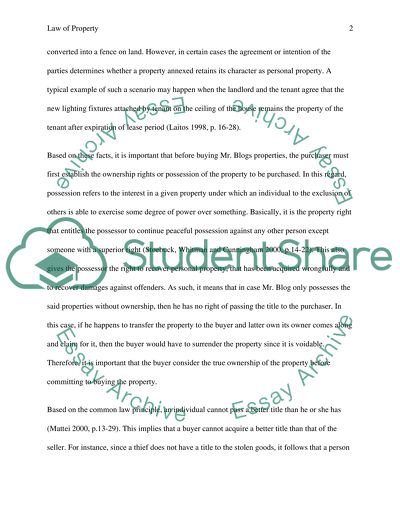Cite this document
(“Sale of Property (Case Law) Essay Example | Topics and Well Written Essays - 1750 words”, n.d.)
Sale of Property (Case Law) Essay Example | Topics and Well Written Essays - 1750 words. Retrieved from https://studentshare.org/law/1454749-mr-blogs-is-willing-to-sell-me-his-cottage-blog-s
Sale of Property (Case Law) Essay Example | Topics and Well Written Essays - 1750 words. Retrieved from https://studentshare.org/law/1454749-mr-blogs-is-willing-to-sell-me-his-cottage-blog-s
(Sale of Property (Case Law) Essay Example | Topics and Well Written Essays - 1750 Words)
Sale of Property (Case Law) Essay Example | Topics and Well Written Essays - 1750 Words. https://studentshare.org/law/1454749-mr-blogs-is-willing-to-sell-me-his-cottage-blog-s.
Sale of Property (Case Law) Essay Example | Topics and Well Written Essays - 1750 Words. https://studentshare.org/law/1454749-mr-blogs-is-willing-to-sell-me-his-cottage-blog-s.
“Sale of Property (Case Law) Essay Example | Topics and Well Written Essays - 1750 Words”, n.d. https://studentshare.org/law/1454749-mr-blogs-is-willing-to-sell-me-his-cottage-blog-s.


